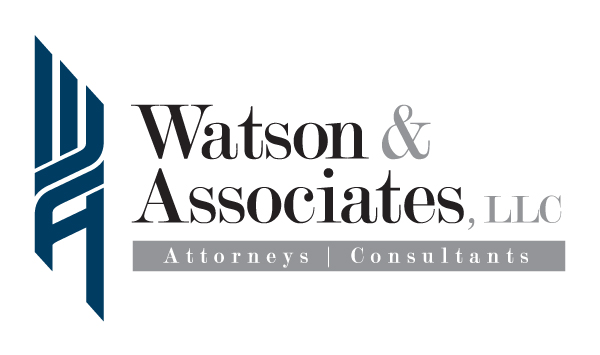Representations and Certifications – Certs and Reps for Contractor FAR 52.212-3
When submitting a bid for federal contractors, contractor representations and certifications (proposal’s reps and certs ) can become a serious issue. Bidders are sometimes sanctioned with false claims and potential suspension and debarment when submitting proposals to the federal government. Failure to perform due diligence with your company certs and reps can create disaster for unaware bidders.
Understanding the rules can create relief in some situations. For example, the US Court of Federal Claims decided a case in March 2016 where the bidder failed to disclose issues of its corporate parent’s long history of public corruption and fraud in government procurement.
The Court ruled in favor of the protestor and against the Navy in order to preserve the integrity of the competitive process. See information about the arbitrary and capricious definition.
FAR 4.12 and FAR 52.212 3 offeror representations and certifications
FAR 4.12 and FAR 52.212-3 address offeror reps and certs. The procurement regulations require companies bidding on government contracts to complete the certifications mandated by the System for Award Management (SAM).
Government RFP also includes information about “Information Regarding Responsibility Matters” which requires the offeror to post the certifications in the Federal Awardee Performance and Integrity Information System (“FAPIIS”).
Representations and Certifications Information About Parent Companies (FAR 52.209.5)
Bidders should not take the chance of avoiding disclosure of adverse information in their proposal’s reps and certs about parent and affiliated companies in their certification under FAR 52.209.5.
Intentional misrepresentations in a proposal disqualify an offeror from competing for the contract award. See Microdyne Outsourcing, Inc. v. United States, 72 Fed. Cl. 230, 233 (2006) (citing Northrop Grumman Corp. v. United States, 50 Fed. Cl. 443, 468 (2001)).
- The U.S. Court of Federal Claims suggests that intentional misrepresentations in offeror representations and certification essentially taint the award process.
- An offeror who is found to have made such a misrepresentation can lose its right to execute the solicited work or bid on the re-procurement of the contract.
Misrepresentations in Reps and Certs
Government contract law looks at the materiality of an offeror’s failure to disclose information in its offeror representations and certification documents. A misrepresentation is material in your reps and certs if the contracting officer relied on it in forming his opinion. See Acrow Corp. of Am. v. United States, 97 Fed. Cl. 161, 175 (2011) (citing Tucson Mobilephone, Inc. B-258408, 1995 WL 335101 (Comp. Gen. June 5, 1995).
Using FAR 4.12 and FAR 52.212, the source selection team will arguably rely on the fact that no adverse information in your proposal’s certs and reps for contractors to mean that there is no risk in awarding the contract. Government RFP’s generally include expressed requirements for a bidder’s responsibility. Failure to include adverse information can potentially cost a company the awarded contract.
- Always answer questions truthfully when responding to government proposals
- Failure to include information in the offeror representations and certifications can be fatal
- Information about a parent company’s involvement in procurement fraud and other criminal activity can impact the government’s decision about business ethics and responsibility determinations.
Find Out More About Our Practice Areas and How We Can Help You
For help with bid protests or issues related to offeror reps and certs, call our government contract law attorneys at 1-866-601-5518 for a FREE INITIAL CONSULTATION.

3 comments on “Representations and Certifications – Certs and Reps for Contractor FAR 52.212-3”
Comments are closed.